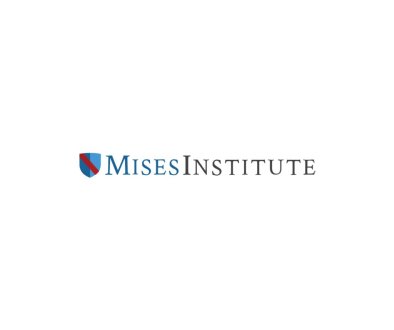President Carter’s Peanut Business and the “Blind” Trust
After the 2016 election, many commentators urged President-Elect Trump to follow the lead of President Carter, and create a blind trust. The Associated Press, for example, observed “The tradition stretching back to Jimmy Carter in the late 1970s is for presidents to put personal holdings such as stocks into a ‘blind trust’ run by an independent trustee with no ties to the occupant of the Oval Office.” That tradition, however, was not so clear.
Governor Jimmy Carter of Georgia operated successful farms and a peanut warehouse business in the Peach State. The 3,000 acres of farmland had been in his family for six generations. In 1977, President Carter’s shares in the family enterprise were valued at approximately $350,000, or about $1.8 million in present-day value. The business was valued at about the same amount. On January 4, shortly before the inauguration, President Carter announced a plan to transfer his holdings from his family businesses into a trust. This trust agreement would let Carter retain ownership of the land, but “insure that he will not benefit financially from agricultural policy decisions that he may make as President.” Specifically, the farm and business would be leased for a fixed amount that would not be affected by the administration’s policies. But Carter would continue to receive income from the businesses while he was in office. In the trust document, Carter explained that he “wants the trustee to arrange the assets of the trust so that no one should reasonably assert that [his] actions as President were motivated by a desire to foster his own personal monetary gain or profit.” (p. 140).
Carter’s arrangement has often been described as a blind trust. Indeed, the Carter Presidential Library calls the arrangement a “blind trust.” Carter’s trust, however, was not blind in every sense. Pursuant to Section 102(b)(3) of the Ethics in Government Act, which Carter signed in 1978, a strict wall of separation was needed between the grantor and trustee. The trust, however, was managed by Carter’s close personal friend and longtime confidant, Charles Kirbo. And Kirbo served as an adviser to the President, frequently visiting Carter in the White House. Kirbo was not an independent, disinterested trustee. The New York Times reported that the Lincoln bedroom was Kirbo’s “home away from home.” Moreover, the President was not really separated from his enterprises. In 1
Article from Reason.com

The Reason Magazine website is a go-to destination for libertarians seeking cogent analysis, investigative reporting, and thought-provoking commentary. Championing the principles of individual freedom, limited government, and free markets, the site offers a diverse range of articles, videos, and podcasts that challenge conventional wisdom and advocate for libertarian solutions. Whether you’re interested in politics, culture, or technology, Reason provides a unique lens that prioritizes liberty and rational discourse. It’s an essential resource for those who value critical thinking and nuanced debate in the pursuit of a freer society.




